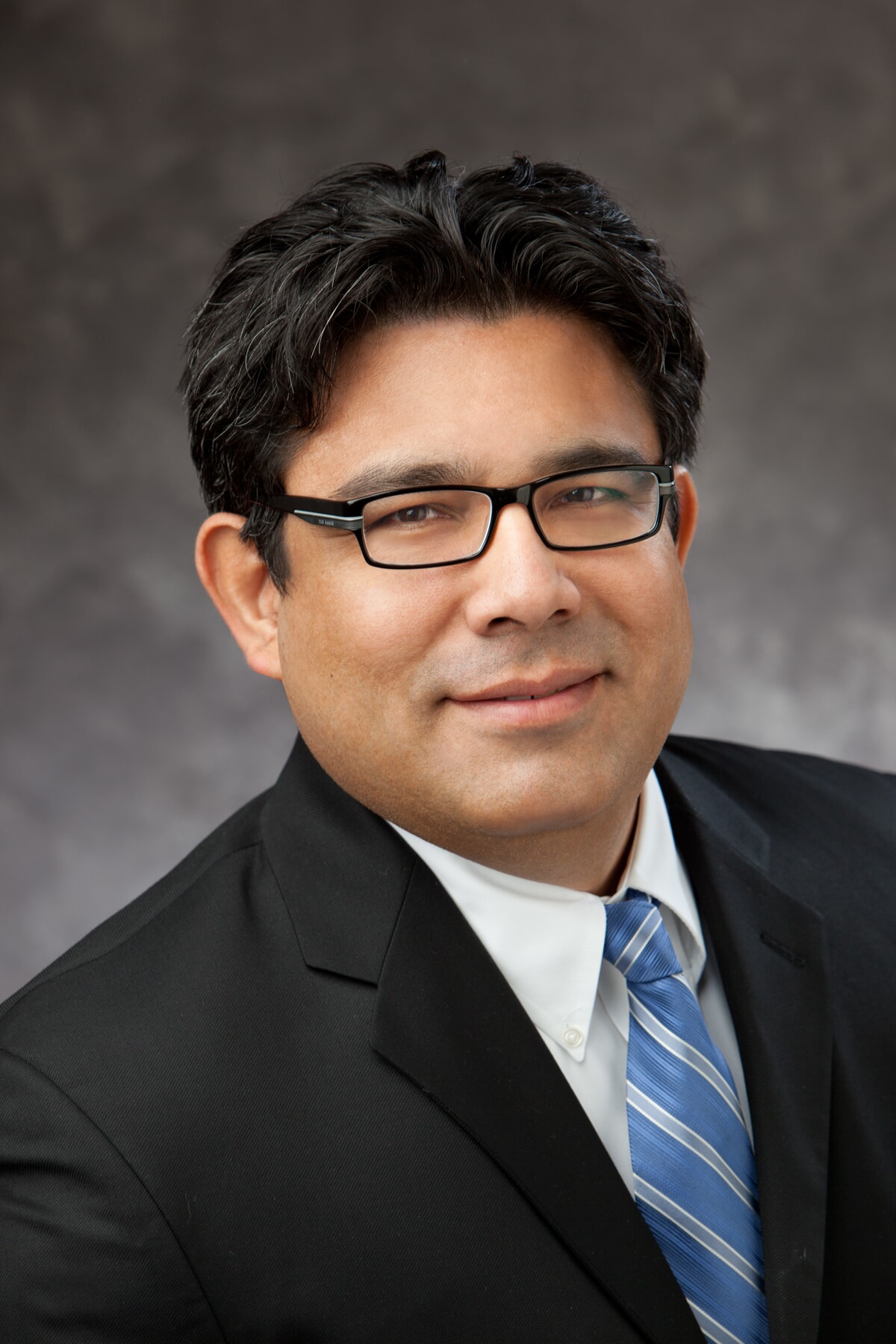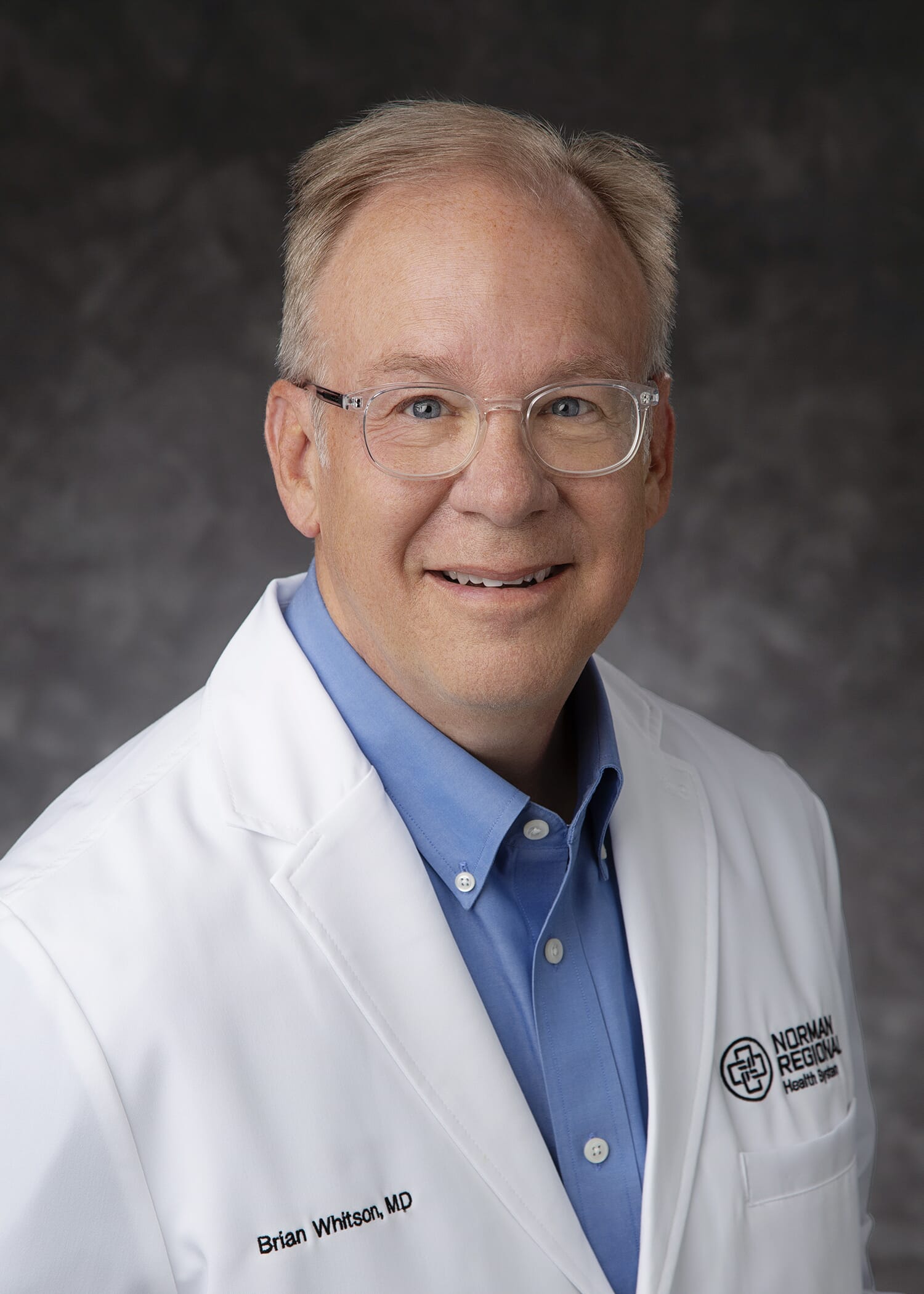Norman Regional Ramps Up Lung Cancer Screenings for Lung Cancer Awareness Month
- Category: News, Educational, Surgery
- Posted On:

For any cancer, early detection is key! As Lung Cancer Awareness Month approaches this November, Norman Regional Health System is taking decisive action to address a critical gap in lung cancer screenings across Oklahoma.
Brian Whitson, MD, FCCP, a dedicated pulmonologist at Norman Regional, is leading efforts to enhance screening accessibility and awareness, aiming to improve survival rates for those affected by this challenging disease.
Lung cancer remains the leading cause of cancer-related deaths in the United States accounting for about 1 in 5 of all cancer deaths according to the American Cancer Society. The statistics in Oklahoma highlight an urgent need for better screening practices.
Lung Cancer is the Leading Cause of Cancer-Related Deaths in the US
Oklahoma ranks 40th in lung cancer incidence but is 45th in lung cancer screening far below the national average, according to the American Lung Association. Despite an incidence rate of 63.5 cases per 100,000 people, far too few Oklahomans receive early screenings. Only 1.7% of qualifying individuals undergo lung cancer screening, significantly below the national average of 4.5%.
"At Norman Regional, our goal is to lead Oklahoma in the fight for improved survival from lung cancer," said Dr. Whitson. "Through proactive screening and education, we can detect lung cancer earlier and offer patients a greater chance at a longer, healthier life."
Norman Regional’s efforts focus on three key areas:
- Provider Education: Encouraging providers to identify and screen high-risk patients for lung cancer.
- Community Outreach: Educating communities about the importance of lung cancer screening and making these services more accessible.
- Streamlined Care Coordination: Improving the evaluation and treatment process for patients with positive screenings through a coordinated approach, involving multiple departments and patient navigators.
Low-Cost, Accessible Lung Screening Options in Norman
Norman Regional offers lung cancer screenings for just $100, utilizing low-dose computed tomography (CT) scans. These scans are noninvasive and painless, allowing for the early detection of lung cancer. A specialized radiologist reviews the images, and patients are supported by nurse navigators who communicate results and guide the next steps.
Screenings are recommended for individuals aged 50 to 80 who meet any of the following criteria:
- Smoke more than a pack a day for 20 years.
- Currently smoke or have quit within the past 15 years.
- Have long-term exposure to secondhand smoke.
- Have worked in environments with exposure to radon, asbestos or diesel exhaust.
Why Early Lung Cancer Detection Matters
The survival rate for lung cancer in Oklahoma is just 21.2%, compared to the national average of 26.6%. Many cases are not caught until the disease has progressed, making early detection crucial for improving outcomes. With only 23% of lung cancer cases in Oklahoma diagnosed at an early stage, compared to the national average of 27%, Norman Regional is committed to changing these statistics.
"Our investment in advanced screening technology and our community-focused approach underscore our dedication to improving outcomes for lung cancer patients in Oklahoma," Dr. Whitson added. "Together, we can turn the tide on lung cancer through education, early detection, and coordinated care."
Norman Regional invites Oklahomans to take charge of their lung health this November. To schedule a screening or learn more about Norman Regional’s lung cancer services, visit www.normanregional.com/services/pulmonology.
Dr. Whitson’s physician counterpart at Norman Regional Pulmonary Clinic, Sergio Garcia, MD, shares his passion for early detection screenings.
“The possibility of overcoming the disease is real—with early detection, specifically at stage IA-1, patients have an average five-year survival rate of an astonishing 92%. The challenge, however, lies in diagnosing lung cancer at this early stage.”
Leading-edge Technology for Early Cancer Detection
Norman Regional Health System is proud to utilize leading-edge technology in the fight against lung cancer. In early 2024, Norman Regional introduced the ION endoluminal system, a revolutionary robotic-assisted platform designed to transform lung cancer diagnosis.
The ION system specializes in minimally invasive biopsies, allowing for the precise collection of tissue samples from deep within the lung. This precision is particularly significant for patients, as early-stage diagnosis can often be elusive due to the complexity of accessing the peripheral areas of the lung.
"The ION system is a game-changer in our approach to lung cancer detection," said Dr. Whitson. "Its ability to reach and biopsy small nodules in the lungs means we can catch lung cancer earlier and more accurately, ultimately providing better outcomes for our patients."
This advanced technology complements Norman Regional's commitment to offering innovative care, ensuring patients have access to the latest and most effective diagnostic tools available.
“Significant advances in technology are being done to help us diagnose and treat lung cancer. Having the ION bronchoscopy available to our patients is wonderful and allows us to be up to date in regards to this technology,” said Sergio Garcia, MD.
The chief advantage of this technology is its capacity to reach and biopsy small nodules where the majority of lung cancers arise. We no longer have to watch and wait. We can remove, biopsy and treat sooner than ever before.
This Lung Cancer Awareness Month, take the first step to prevent lung cancer through education and learn more about Norman Regional’s Pulmonary Services.
Lung scans at Norman Regional are done by appointment only. Schedule your lung scan online here, or by calling 405-307-2290.




.png)